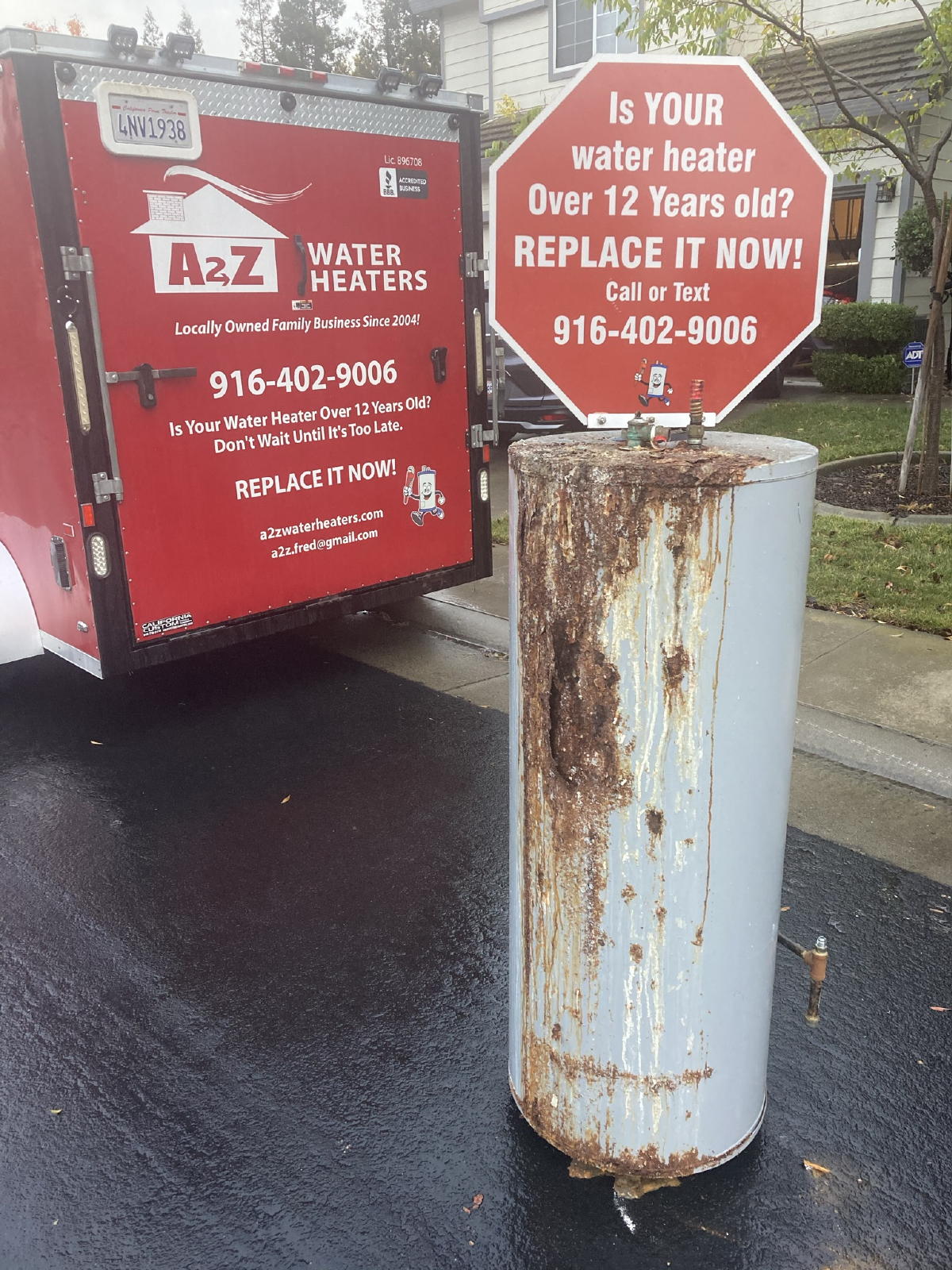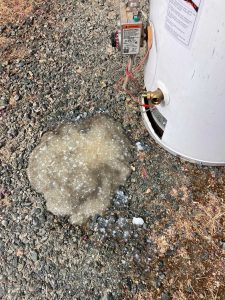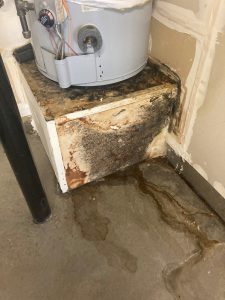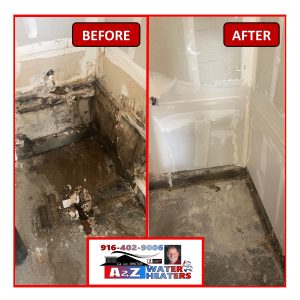
As a homeowner, your water heater is one of the most essential appliances in your home. From warm showers to clean dishes, hot water is something you rely on daily. But just like any appliance, your water heater has a limited lifespan. Knowing how long your tank water heater, gas or electric, should last and when it might be time to repair or replace it can save you from the inconvenience of cold water, potential water damage, or higher energy bills.
At A2Z Water Heaters, we specialize in helping customers with the installation, replacement, and repair of tank water heaters. With Fred, the owner, and his son-in-law Joey working every job, we bring years of expertise to every home. In this post, we’ll dive into the typical lifespan of water heaters, how to extend their life, and what to do when it’s time for a replacement.
Typical Lifespan of Gas and Electric Water Heaters
Water heaters don’t last forever, but their lifespan can vary depending on the type you have.
- Gas Water Heaters: These tend to last around 12 years. Gas water heaters heat water quickly, making them a popular choice for larger households that use more hot water. These are incredibly efficient at providing you hot water fast, but if you do not have access to natural gas, installing a gas water heater is MUCH more expensive and requires much more work in addition to the heater itself.
- Electric Water Heaters: These units typically last a bit longer, averaging around 15 years. Electric water heaters are cheaper than gas, however they are inefficient at heating water.
Of course, these numbers are averages. Proper maintenance and installation will help ensure you get the full lifespan of your water heater. On the other hand, without regular care, a water heater may fail before its expected lifespan, leading to unexpected cold water or costly repairs.
Factors That Affect Water Heater Lifespan
Several factors can influence how long your water heater lasts:
- Maintenance: Regular maintenance can make a huge difference in how long your water heater performs effectively. Flushing the tank annually to remove sediment, inspecting the anode rod, checking for leaks, and checking for corrosion can prevent premature failure.
- Water Quality: sediment will always build in your water heater. That’s why they need to be flushed annually. But, if your home has hard water, minerals can build up far more quickly, reducing its efficiency and shortening its lifespan. Using a water softener can help reduce the impact of hard water.
- Installation Quality: A properly installed water heater will naturally last longer than one that wasn’t set up correctly. This is where professionals like A2Z Water Heaters come in—we ensure your installation is done right the first time, so you can get the most out of your unit.
- Usage: The more hot water your household uses, the harder your water heater works. Larger families or homes with higher water usage may see their water heaters wear out sooner.

Signs Your Water Heater Is Nearing the End
How do you know when it’s time to replace your water heater? While some homeowners wait until the unit fails completely, it’s better to be proactive. We recommend changing your gas water heaters after 12 years and electric water heaters after 15 years, regardless of if they are having issues or not. That said, here are some signs your water heater may be nearing the end of its life:
- Inconsistent Water Temperature: If your water doesn’t stay consistently hot or you’re running out of hot water faster than before, it could mean your unit is struggling to keep up.
- Rusty Water: Discolored water, especially if it’s coming from the hot water tap, can indicate corrosion inside the tank.
- Strange Noises: If you hear banging, popping, or rumbling sounds coming from the tank or your walls, it’s a sign that something is wrong inside your water heater.
- Leaks Around the Tank: Water pooling around the base of your heater is a clear sign of trouble. A leaking water heater should be addressed immediately to avoid water damage. You should inspect the back and top of your water heater as well, as some leaks may be out of sight and not significant enough that you notice until it’s too late.


Repair or Replace?
If your water heater is still within its expected lifespan but not performing as it should, a repair might be all you need. However, if the unit is near or past its lifespan and experiencing problems, replacing it is usually the better option.
At A2Z Water Heaters, we can evaluate the condition of your water heater and help you decide whether a repair or replacement is best. For older units, replacing with a more energy-efficient model can also help you save on your utility bills.
Call A2Z Water Heaters for Your Replacement or Repair
If your water heater is showing signs of age, don’t wait until you’re stuck with cold water. At A2Z Water Heaters, we’ve been serving the community for 17 years, and Fred is committed to ensuring every job is done right. Whether you need a new installation, a repair, or simply a maintenance check, we’ve got you covered.
Give Fred a call directly at (916) 402-9006 to schedule your water heater service today. We’re here to help keep your home comfortable and your hot water running smoothly.
Call today for fast, friendly, and expert water heater service!